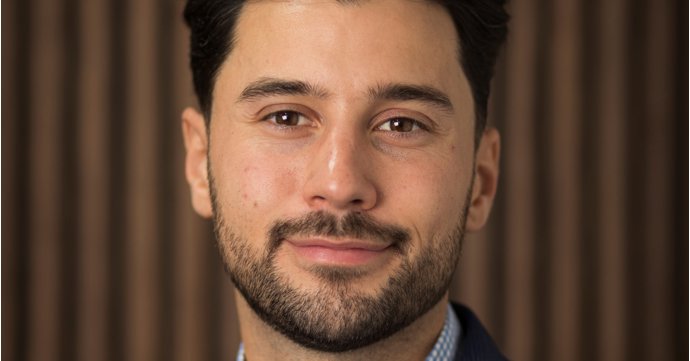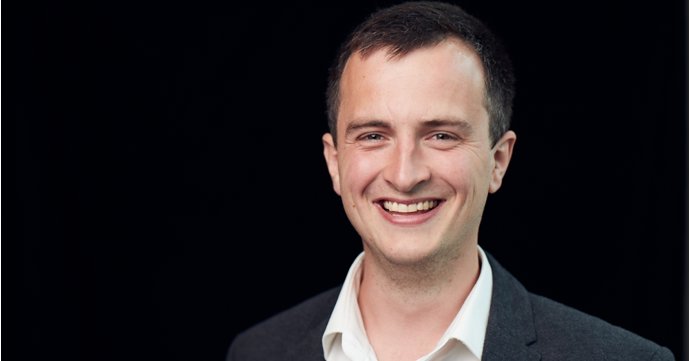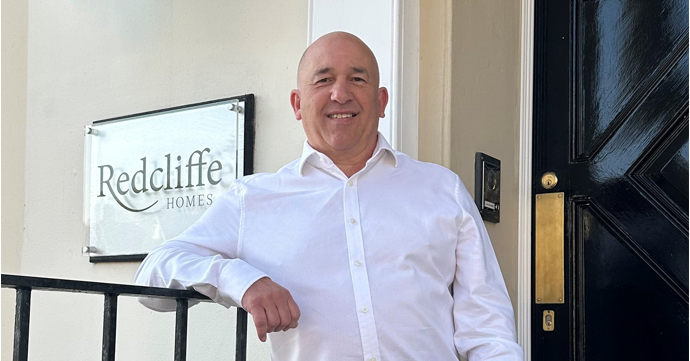Entrepreneurial success is no simple feat, with many of the most successful business leaders having experienced failures before finding success.
SoGlos caught up with Severnside Security's managing director, Kane Lewis, to discover how he overcame adversity building a successful business in Gloucestershire — from bouncing back from rejection, facing competition and the major lessons he learned along the way.
What were some of the obstacles you faced early on as managing director at Severnside?
Being a young managing director at the time, one of the biggest early challenges I faced was earning the respect of a team who were, in many cases, older and more experienced than me. I knew I had to work incredibly hard to build not only my knowledge, but also the confidence of both my team and our clients. That meant showing I was serious, committed and that I had a clear vision for where I wanted to take the business.
In the early days of building a team, I wasn’t the company — I had to sell myself. People don’t just take a gamble when they’ve got families to support. So I had to articulate where we were heading, what the business stood for and why it was worth joining me on the journey.
The same applied with clients, particularly in breaking into larger public sector contracts. It’s notoriously tough, they often ask for two or three similar contract references, which is a real blocker when you’re just starting out. So again, I had to lead with confidence, clarity and a deep understanding of the market and what made us different.
What I learned early on is that the same principle applies whether you’re trying to win your first contract or build your team — trust, knowledge and belief are key. When you lack lived experience, you have to compensate by knowing your industry inside out, knowing your clients’ pain points and being crystal clear on your value proposition.
Confidence grows from there and the most important thing is delivering on what you say you’re going to do. That’s how trust is built.
How did you deal with rejection from clients, facing competition or dealing with criticism?
In the early days, we faced a lot of rejection — and that’s tough. When you’re pitching for contracts without the experience or client base to back it up, especially at a larger scale, it’s hard not to question yourself.
Some of these opportunities would take 12 months from start to finish. We’d invest hundreds of hours preparing and I’d often be working late into the night getting ready for presentations or pulling together tender submissions. To then be told no — it’s only human to feel deflated, even question whether it’s worth it.
But what we got really good at was asking for feedback. Every time we lost out, we asked, what could we have done differently? That helped us turn rejection into something useful — something we could actually learn from.
We started to reflect more deeply on what the client was really looking for. If you’ve got five suppliers all saying similar things, chances are they’ll stick with their current provider or choose the most financially competitive option. That’s when we realised we had to stand out for the right reasons — not just on price, but on value and approach.
That reflection allowed us to adjust our strategy and stay in touch with the client, even after the opportunity had passed. By understanding what really matters to them, we could build stronger relationships outside of that initial pitch — which often put us in a much better position the next time around.
How did you stay resilient when facing competition or industry giants? Did you find creative ways to differentiate yourself?
Like many businesses, the moment that forced us to seriously re-evaluate our priorities was Covid-19. Before the lockdown, our focus was largely on delivering high-end projects for high-net-worth individuals, mainly across London and the Cotswolds. Practically overnight, that work came to a halt.
We had to quickly figure out where the opportunities were and, more importantly, what services we could still deliver in the middle of a crisis.
That shift led us to support public sector clients and the care industry, where the risk to life was highest. We adapted by offering more compliance driven services, cross selling where we could with existing clients, and stepping in for new ones whose suppliers were struggling with demand or facing labour shortages.
That period completely changed our mindset. It made us realise that we needed a more robust business model, one that could withstand uncertainty and adapt quickly in the face of adversity.
We still work with high-net-worth clients, but we’re no longer dependent on one type of customer or market. We now have three core verticals, each chosen for their resilience to different external pressures whether those are economic, political, or driven by shifts within the industry.
What is one major lesson you’ve learned from overcoming adversity in your entrepreneurial journey?
One major lesson I’ve learned is that you don’t need to be the most experienced or the smartest person in the room, but you do need to work the hardest.
Early on, I used to question whether I was out of my depth. I didn’t have decades of experience and I was leading a team who often knew more than I did in certain areas. But what I lacked in experience, I made up for in work ethic.
Adversity taught me that confidence isn’t something you wait to have, you build it by showing up, doing the work and being willing to fail forward. There were plenty of setbacks along the way, but I learned not to let fear of failure stop me from taking risks or stepping into uncomfortable situations. Every challenge was an opportunity to learn, improve and move forward.
That mindset of being relentlessly focused, outworking the competition and backing yourself is something I still carry today. You won’t always have all the answers, but if you’re willing to figure it out and surround yourself with the right team.
Were there moments when you had to re-evaluate your priorities or even pivot your business direction in response to challenges?
You always need a plan B and be ready to pivot. Every time we’ve faced a problem, whether it’s losing a contract, being rejected or having part of the business drop off overnight, I’ve made a point of stepping back, reflecting on what went wrong and making sure we don’t repeat it.
That approach has helped us improve after every setback. You can’t control everything, but you can control how you respond. I’ve learned that it’s not about reacting emotionally or trying to force something through. It’s about taking a clear look at what happened, deciding what needs to change and being ready to pivot quickly.
It’s how we’ve stayed agile as a business. It’s how we’ve built better processes, stronger teams and more sustainable growth. Planning properly, learning fast and not making the same mistake twice — that’s what’s made the biggest difference.
What advice would you give to aspiring entrepreneurs who are facing challenges and may feel that the odds are stacked against them?
The reality is that the odds are stacked against you — but an interesting and exciting part of being an entrepreneur is to find a way through, anyway.
Have a strong vision, continually learn, understand your clients, work hard, believe in yourself, surround yourself with the right team, be ready with plan B, be agile and move fast.
At its core though, my advice is to be consistent. Consistently show up and take action, even when it feels hard, even when you don’t want to. Often the simple factor that determines the success of an entrepreneur is staying in the 'ring'. The journey to success isn’t easy, you’ll want to give up and you’ll see other people give up. Your job is to go the distance.
After consistency, it’s building relationships. You can’t do this alone, you have to have people around you who support you. That could be family and friends at the outset and as you grow, it’s the team around you. Build your network, find other entrepreneurs a couple of steps ahead of you and learn from them





















